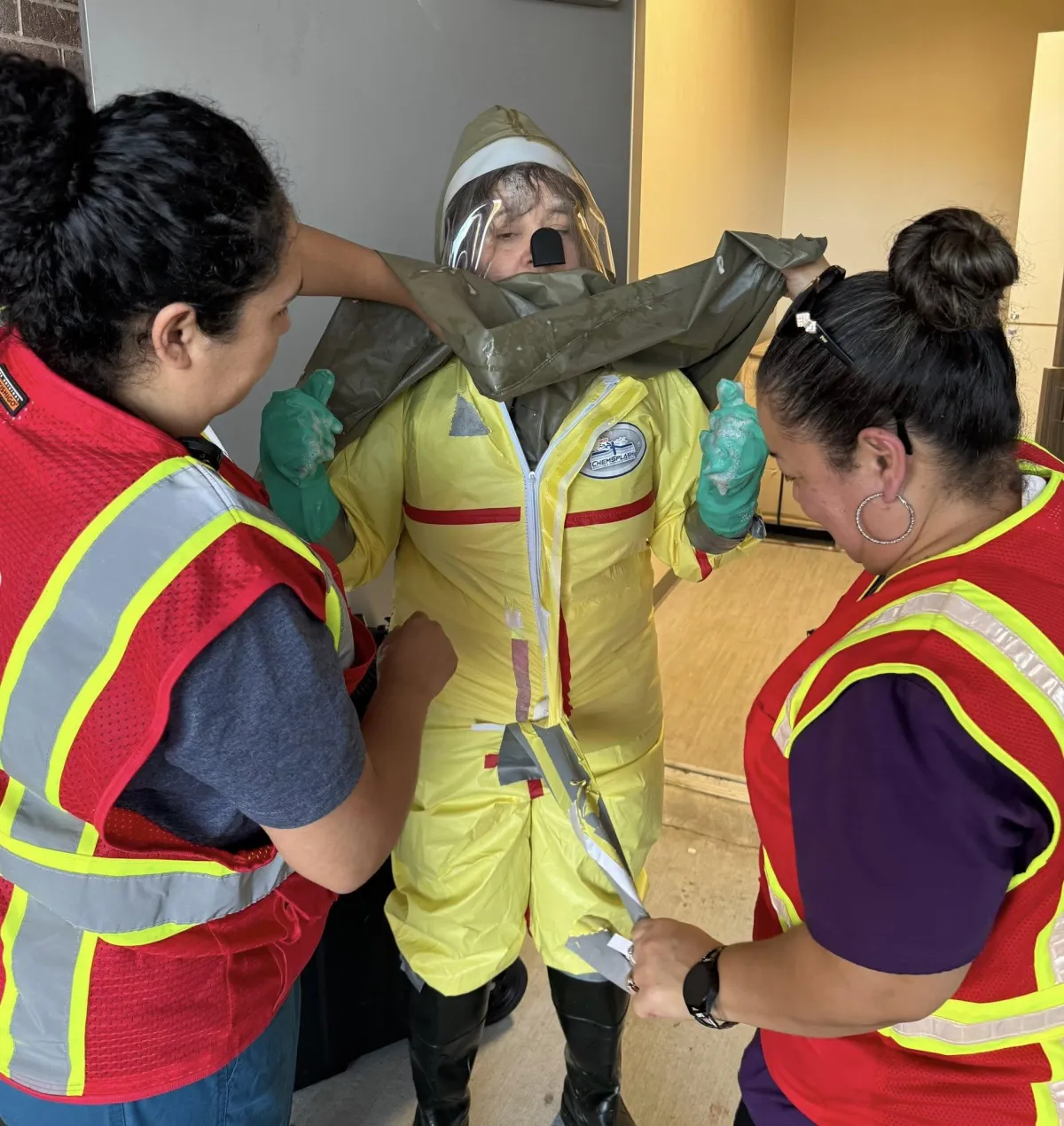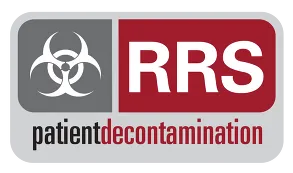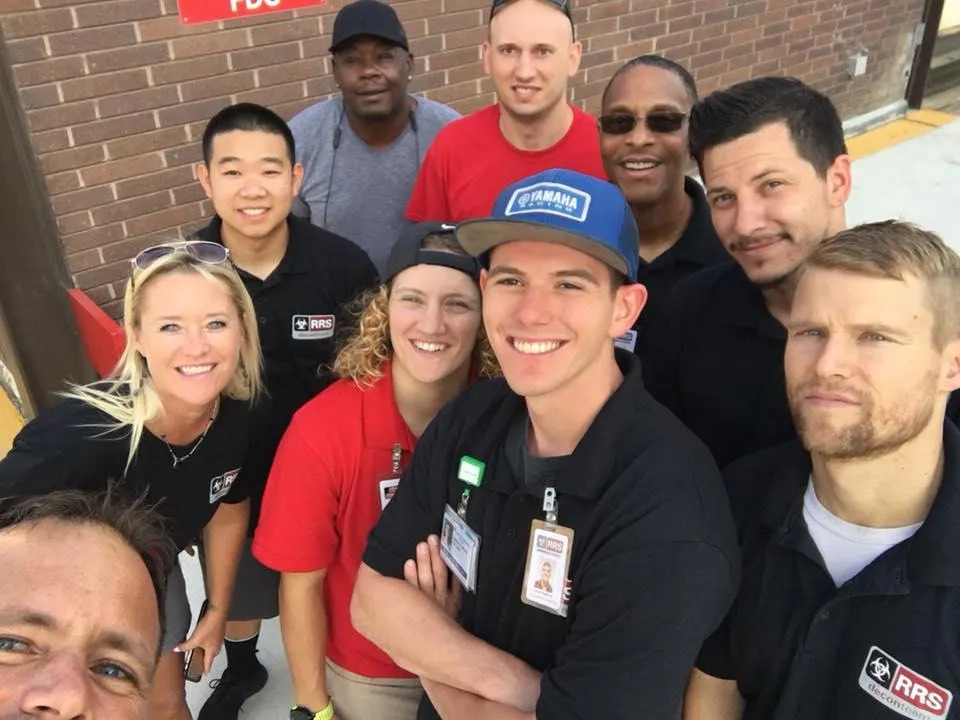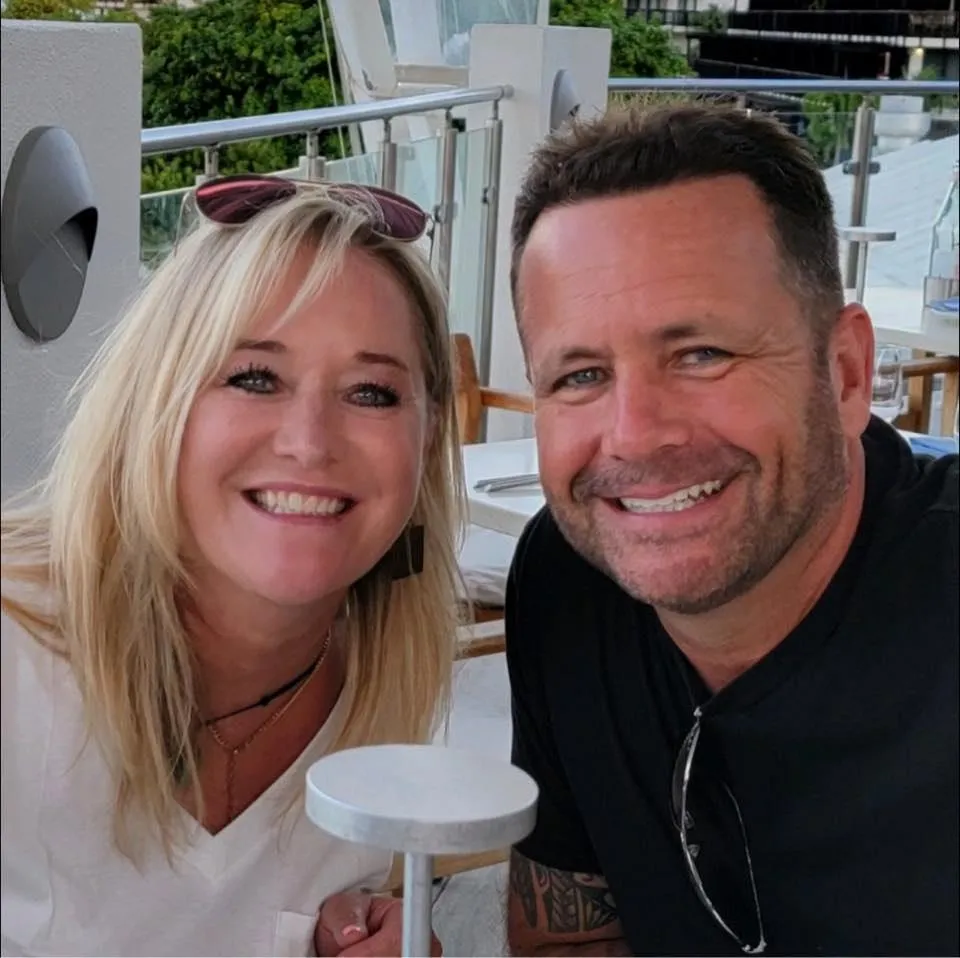
The Hidden Risk Even the Best Decon Teams Miss (And How to Fix It Fast)
You’ve trained your team. You’ve checked the boxes. You’ve passed your audits.
But even the most prepared decon teams face challenges that checklists can’t catch—like turnover, equipment aging out, or a night shift that hasn’t drilled in 18 months.
It’s not a failure. It’s the reality of running a high-liability program in a high-pressure system.
When an actual hazmat event hits—at 2am on a weekend—plans don’t execute themselves. People do. And unless the people are prepared, equipped, and confident, even the best-written plans fall short.
What Are the Warning Signs?
Your decon lead recently changed roles
Your equipment hasn’t been tested or logged this quarter
You’re missing recertification documentation
Your last drill exposed confusion around leadership or workflow
You’re unsure whether third-shift responders are trained
These are not uncommon. But they become high risk when a real incident happens.
The Real Costs of Missed Readiness
Compliance fines from OSHA, NFPA, CMS, or The Joint Commission
Legal exposure from patient mishandling
Staff burnout and loss of confidence
Loss of accreditation points or funding penalties
How Hospitals Are Closing the Gap in Days instead of Months
Hospitals are now partnering with RRS to support—not replace—their decon teams with:
24/7 trained response coverage
Pre-positioned equipment and readiness kits
Preventive maintenance and test logs
Drill documentation and audit support
Recertification tracking and compliance alignment
We work side-by-side with your internal team to protect what you’ve built—so your plan actually performs under pressure.
Let’s Talk Decon Strategy
You’ve done the work. Now let’s reinforce it.
Book a free strategy call with RRS and we’ll walk you through a readiness snapshot, point out potential risks, and show how we help hospitals close the gap—in 30 days or less.



